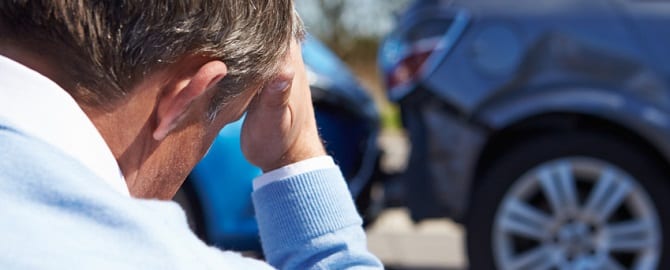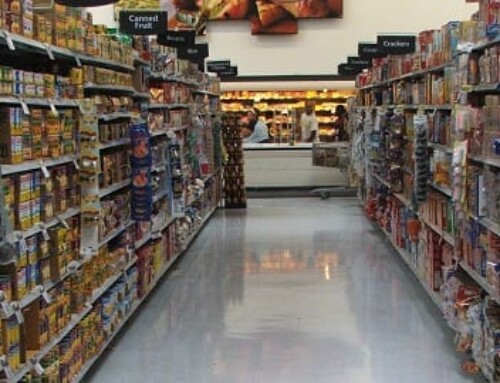Premises liability is a serious matter according to accident lawyers, something that can affect anyone from an average homeowner to a huge corporation – as McDonald’s Corporation recently learned. In a verdict delivered by a Brazos County Texas jury on July 30, 2014. McDonald’s was ordered to pay $27 million in damages as a result of their knowledge and failure to attend to an aggressive situation in one of its College Station restaurants that eventually left two patrons dead.
Although the deaths did not occur on McDonald’s property, the lawyers who handled the case for surviving family members argued that the escalation of events at the location is what ultimately led to the car crash that killed the couple. The two vehicle occupants who died were in their car that sped from the restaurant to obtain medical help after sustaining injuries from a group of people who had congregated outside of the restaurant.
What Is Premises Liability?
Accident lawyers advise that premises liability is the responsibility a property owner has for incidents that take place on their property involving a legal occupant of that property. Incidents covered could include anything from a slip and fall accident due to poorly maintained grounds to the incident referenced above that was caused by a lack of security and failure to diffuse a known re-occurring situation.
Property owners can be held responsible for events that take place on their property if their negligence causes or contributes to an incident resulting in property or injury damage. Accident lawyers state that negligence is the key factor, since it implies that an owner is either aware of a situation and does nothing about it or is not promoting awareness or taking proper measures to prevent a potential incident on owned property.
It is explained by accident lawyers that an incident that could have been prevented is a premises liability exposure for property owners. In the complexities of the McDonald’s case, it is true that the auto accident occurred on a nearby street from the business. It was argued that the illegal events on the business property that were known but not acknowledged by McDonald’s caused injuries to two members of the group. All four involved parties fled the scene on McDonald’s premises both to avoid further confrontation and to seek medical help.
Legal Presence vs. Trespassing
When someone is invited either directly or by implication to come onto a property, the property owner can become responsible and may assume liability for their safety. It is pointed out by accident lawyers that someone invited to a home, whether for a social gathering or to perform requested services, is seen as having an “implied invitation.” Likewise, customers of a company open for business are also considered as being invited onto that property. If a business is closed, a person who is unauthorized to be on the premises is considered to be trespassing and liability law does not always apply.
Unfortunately, many businesses and homeowners find themselves on the wrong end of a liability lawsuit due to negligence and failure to take necessary precautions to prevent injuries or events from occurring on their property. These legal cases have the potential to become both serious and costly if compensation for damages is sought. Accident lawyers suggest that anyone involved in an incident involving premises liability consult with a lawyer who is experienced in handing this type of case.




